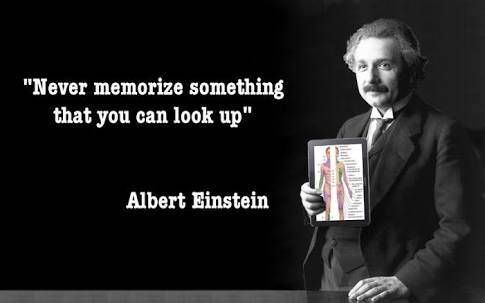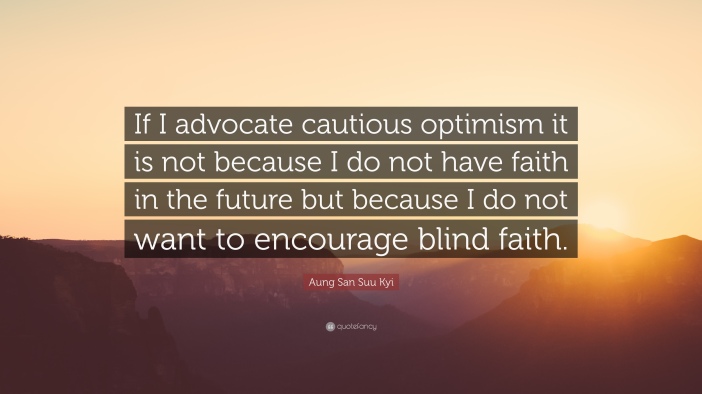We’ve all grown up to be in classrooms where we are surrounded by people that are around us in a well-defined and practically inconvenient pattern.
In real life, people are all around us, interacting, discussing, arguing, teaching, preaching, you name it. Why is it so, then, that in classrooms people are around us but never really “with us”?

There is a sense of “individual collectiveness” in a classroom. The safety of being one among so many others, free to daydream and devise mischievous plans but constrained enough to pretend to be paying attention to the teacher.
The supposed face of college education, as far as most Indian institutes are concerned is purely didactic.
Didactic: intended to teach, particularly in having moral instruction as an ulterior motive.
For many years, teaching has been this way. The word didactic is derived from the Greek word “didaskein” which means to “teach”. And to be fair to the Greeks, if you turn back the clock by a mere 30 years, the didactic form of teaching almost makes complete sense.
Why is that so?
Back then, teachers were the primary sources of well-gathered information as well as well-organized knowledge, giving them an instant push towards being the only “talkers” in a classroom.
Books were the secondary sources, used after the teacher had given you a particular path to follow. The “availability gap” between information and knowledge was hard for a beginner to grasp. Teachers helped fill that gap quicker back then since they had already memorized the best patterns to fill it.
Come back to the 2000s and you begin to wonder what purpose memorization serves. We’re living in a world that’s full of memory devices and yet we can’t stop stuffing our brains with useless bits and pieces of information that we know we’ll forget the moment it’s carelessly scrawled onto an examination sheet.

Memorization isn’t the problem though. Forced memorization is. In a world where the internet can provide ten different perspectives about the same topic in one tenth of a second, the phrase “blind faith” is sure to die out.
When a teacher tells a student to memorize a particular formula so they can apply it in an examination, the slightly adult mind rejects the suggestion at the outset. This is because the adult mind is cautious when it comes to blind faith. We’ve been betrayed too many times. We’ve gone past the “if you remember, you get rewarded” phase, and moved into the “external rewards are stupid” phase.
It doesn’t matter if we score a little less in our examination and if we don’t know a few formulae. It matters if we cannot figure out where the formula could be used.
It’s like giving someone an Encyclopedia and telling them to remember the things that you believe matter the most so that when you ask them what matters the most, they can tell you what you told them you believe matters the most. Who’s the winner? The encyclopedia?
Forced memorization really is confusing – and once you get out of college, you forget all about it, tagging it as a “part of the learning process”.

The educational design follows a pattern of:
“You are free to do what we tell you to do.”
It’s a pressure-cooker stuffed with all the ingredients that make up education. Teachers, students, parents, management, society and accreditation organizations. Someone’s blocked the outlet, so all the ingredients just keep scalding each other.
The core problem lies in the fact that many people are, intentionally or unintentionally still stuck in the ““if you remember, you get rewarded” phase.
They will follow rules meticulously, force fear down the throats of “rebels” and reward the “followers” generously. It’s blind faith – and the society accepts it as a part of who we are.
Think about how our classrooms are structured. Rows and rows of desks stuffed into a classroom for the mere convenience of space-economy, forcing the student to look only at the teacher.
In a generation that rejects blind faith instantaneously, we force them to trust a teacher the second she enters the classroom. The way we sit next to our classmates is reminiscent of the way we approach most of them – as competitors.
Some are side by side, some are in front and some behind us.
The usual answer to discussions such as this is, “This is how the world works”.
In fact the linear classroom structure is so accepted in most Indian colleges and institutes that it’s not even a topic of discussion. “Nobody” doubts its efficacy. But if that’s the case, why is management always unsatisfied, why are professors always cribbing about the lack of “natural talent” and why are students always complaining about how “irrational” professors are?
Isn’t it obvious that it is a big communication problem? If everyone’s complaining about everyone else, it basically means everyone is at fault. Why do students bear the brunt of the irrationality then? Just because they don’t have any actual “power”?
I mean, if we’re pretending to be teaching students to prepare for real-life scenarios, why aren’t we doing it realistically? How many real-life situations have employees copying hundreds of assignment and journal pages for the sake of obtaining ‘points’ or ‘marks’?
When we say “This is how the world works. Accept it!”, we become advocates of the “blind faith” cause. We might as well make a poster that says “I believe in blind faith blindly” and stick it to our bodies. I’m not saying we should be innocent about ugly truths and ignore them blatantly. I’m saying we should do something to minimize them.

Many aspects of our judicial system are already “Kafkaesque”, and we’re progressing towards making our education “Kafkaesque” too.
Change the way our classrooms are structured and it will make a difference. If kindergartners learn better in groups and by arranging desks around each other, so do college students. If you must force people, then force them to interact so they can figure out things for themselves.
Don’t tell students what you think they need. I mean, if you think about it; doesn’t Google already do a good job at doing that?
There’s so much to be said and done about all this. If you agree or disagree, feel free to comment. Let’s spark a relevant discussion so we can figure out where we can go from here.